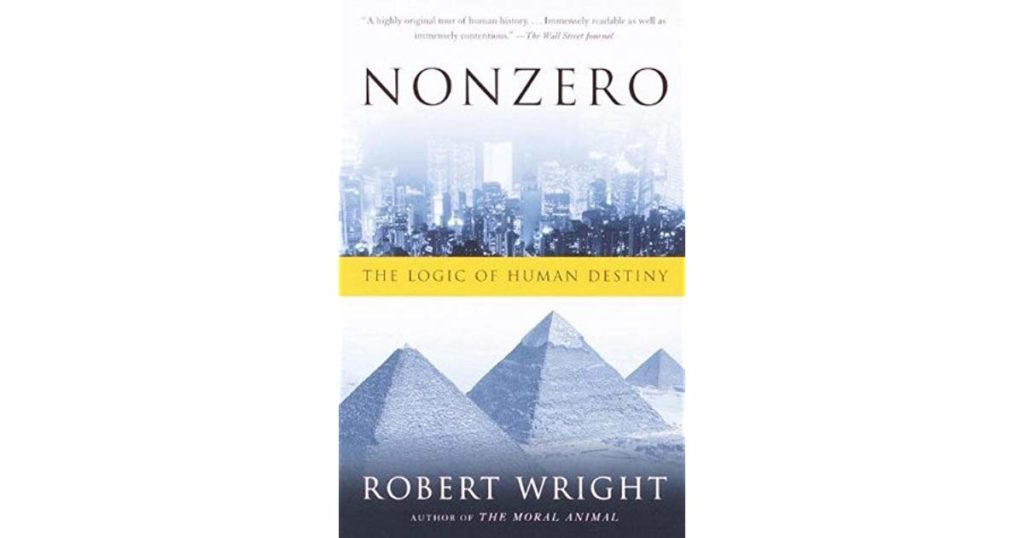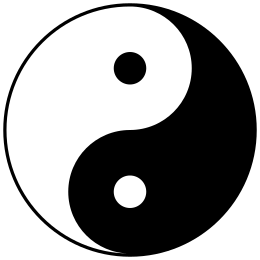I make notes of books that really impact my thinking. Earlier, I made notes from The Elephant in the Brain and Skin in the Game. This time I make notes from a book that traces the arc of human history. My notes are not verbatim (unless quoted). It’s mostly what I found illuminating.

1/ Here are my notes from @robertwrighter‘s book – Nonzero: the logic of human destiny. I enjoyed the book very much.
The basic premise of the book is that history has a direction which favors co-operation and non-zero sum games, and that causes an increase in complexity.
2/ Starting from the first replicating molecule which co-operated with an outer layer to form first proto-cell, evolutionary and cultural history is full of examples where two entities come together to survive and progress a lot more than they would have done individually.
3/ This co-operative entity fares much better than two individual entities because of specialization. If two entities are in the same boat – that they win together or lose together – then trust is implicit.
4/ In a non-zero sum game, trust causes entities to focus on what they do best. For example, eukaryotic cells – the ones animals and plants have – emerged when two proto-cells merged, and one took the role of energy generator (mitochondria), the other specialized in protection.
5/ Some scientists believe that even nucleus in a cell is a result of an early cell merging with another cell. So M&A is not a recent phenomenon, entities have been merging because of common interests ever since life started.
6/ Even a single cell is an emergent entity because different genes/DNA “decided” that co-operating and specializing via a single genome is a much better survival mechanism as compared to individual genes/DNA trying to replicate in the wild.
